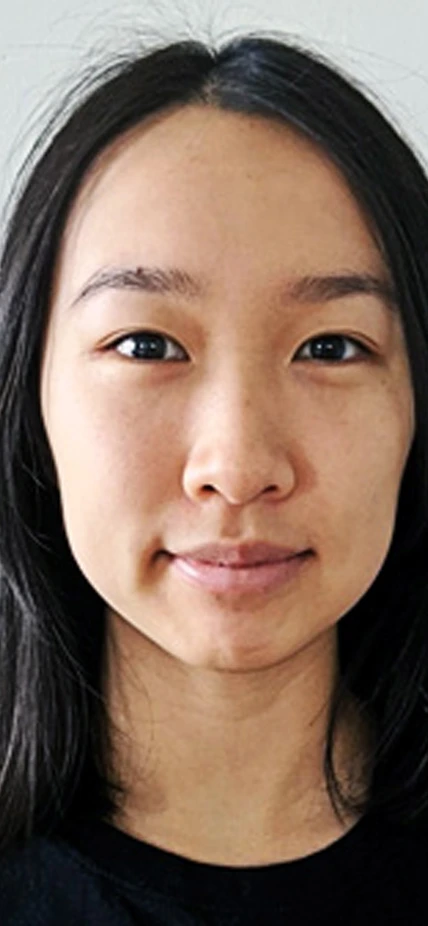Baltimore, MD—Carmen Jung, a Johns Hopkins University undergraduate student, has received the prestigious Summer Provost’s Undergraduate Research Award (PURA) to advance her independent investigations. The grant program was created by The Hopkins Office for Undergraduate Research to provide students “the opportunity to start or continue with independent research, scholarly and creative projects over the summer.”
Jung is a member of the Kostova Lab at Carnegie Embryology, and has been working to discover how mammalian cells recognize and target defective ribosomal proteins. The ribosome is a complex molecular machine that is responsible for translating the information encoded by our genes into protein. To ensure production quality, cells need to monitor the integrity of this complex machine—defects threaten cell viability and have been linked to human diseases, such as cancer and neurodegeneration.

The ribosome itself is made of ribosomal RNA and ribosomal proteins. Mutations in the latter are a common reason for defects. These proteins are believed to be rapidly cleared from the cell, but the quality control factors that cope with them are poorly characterized.
“The goal of my project is to use mutations in the ribosomal protein RPL10 to determine what candidate factors are involved in its detection and degradation,” explained Jung. “Protein synthesis is such a cool and expansive field, and the ribosome itself is so vital. It has been interesting to take this subject that I've covered in detail through different classes, and then apply it in a research lab setting and find new, unanswered questions.”
"Allowing undergraduates to work on their own projects fuels their scientific curiosity, and lab becomes not just an extra activity done for credit, but a passion,” said Kamena Kostova, who’s lab uses CRISPR-mediated genome editing and other cutting-edge methods to investigate how cells respond when their ribosomes break down. “At the same time, undergraduate projects push our science forward and allow us to explore new directions.”
Visit kostovalab.org to learn more about their research.
